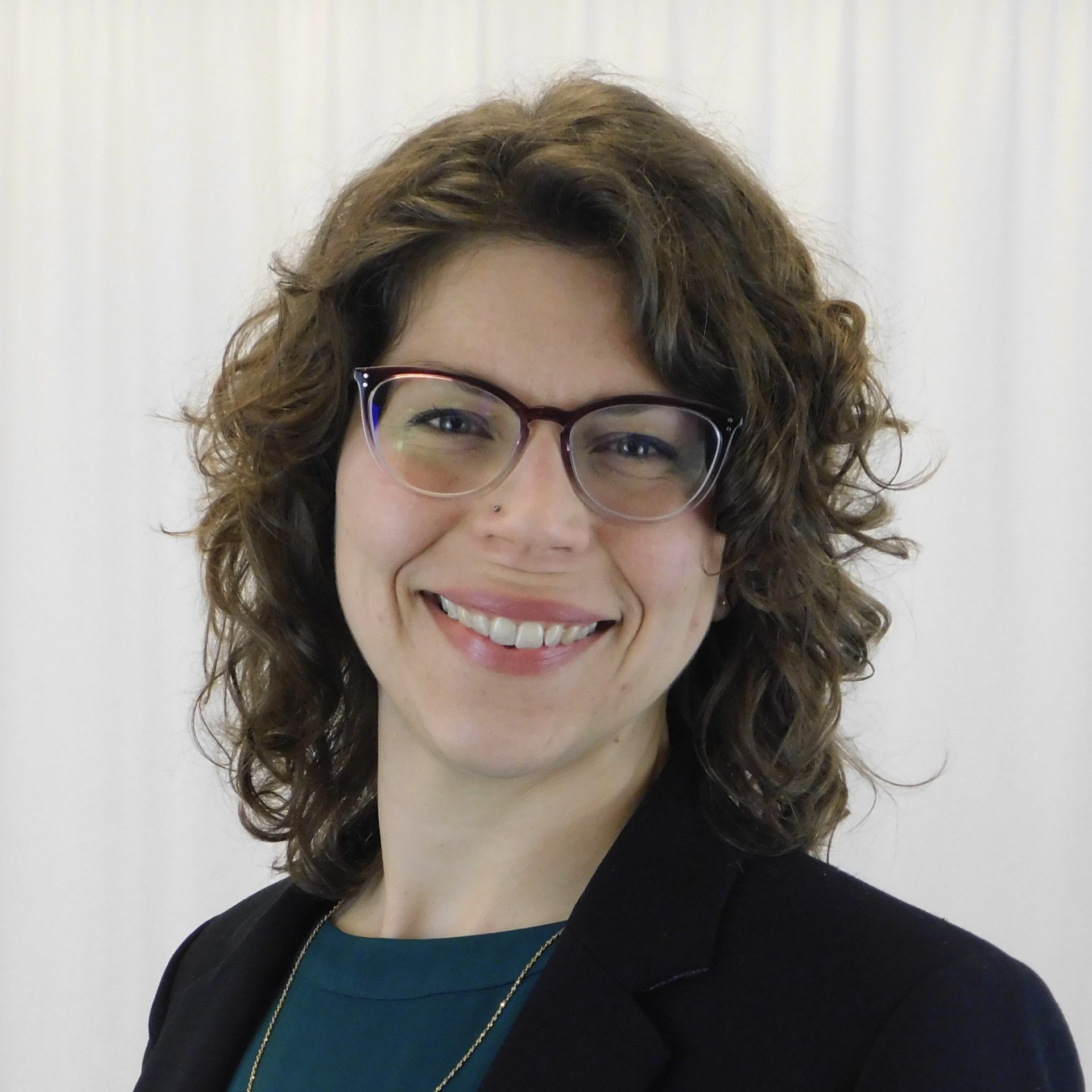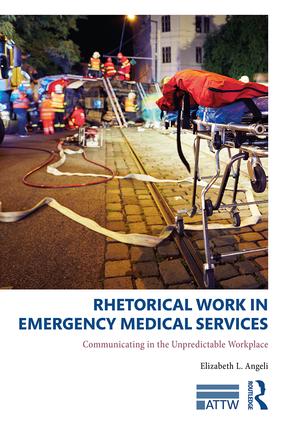KAREN MAHONEY
SPECIAL TO THE CATHOLIC HERALD
When Dr. Elizabeth Angeli trained to become an EMT, she imagined assisting at major disasters, such as explosions, fires, multiple car accidents or the worst of the worst, a situation like the tragedy of 911. She did not imagine the novel coronavirus pandemic would take center stage around the same time she won an award for the Best Book in Technical or Scientific Communication from the Conference on College Composition and Communication. The award honors Angeli’s book, Rhetorical Work in Emergency Medical Services: Communicating in the Unpredictable Workplace.

Dr. Elizabeth Angeli
The CCCC is a constituent organization within the National Council of Teachers of English, committed to supporting the agency, power and potential of diverse communicators inside and outside of postsecondary classrooms. They describe Angeli’s work as “covering an aspect of medicine in the frontline of patient care that is highly marginalized within the medical community.”
During her training in emergency medical services, Angeli, who is an assistant professor of English in the Klingler College of Arts and Sciences at Marquette University, realized something was lacking in the training to document patient care and prepare follow-up reports. Despite thorough emergency training, she realized the writing portion of the course was seriously deficient and it propelled her to delve into EMS writing and help to fill the gaps to provide more effective report writing.
“It’s interesting how timelines work, as I had been working on this for about a decade and started my research while in grad school. The book was my dissertation and I wasn’t sure at the time if I wanted a book or to publish separate articles,” she said. “Academic publishing is a drawn-out process, but the book finally came out in 2018 and was copyrighted in 2019. After it came out, fire departments started hearing about me, and I began presenting at EMS conferences on report writing. I know the call volumes are up now due to the coronavirus and every time I hear a siren, I know someone is documenting patient care. I am glad it is helping people.”
In her book, Angeli details her 16-month study in the emergency medical services workplace, exploring how EMS professionals employ rhetoric to make decisions and communicate in unpredictable situations.
“I was working with an EMS agency in the Midwest and interviewed different levels of paramedics from those who just got their licenses to those who have served departments for more than two decades, as well as physician field interviews,” she said. “I did these interviews and surveys for 16 months, and learned much about how first responders react in the face of crisis. It is what they train for and it is like watching a well-tuned symphony with a conductor. They have a sense of urgency but never panic and are able to take in a lot in a short amount of time and rely on each other for the patient as well as handling the scene.”
While researching this project, Angeli went through her own personal changes and wrestled with thoughts of changing her educational focus to one in the medical field, but later realized she could still impact the medical world without dedicating her life to science.
“It took me a long time to realize it, but I am glad to be able to help these agencies and departments as it has become my passion,” she said. “This Jesuit emphasis on cross-disciplinary thinking and training has prepared me to expand my field. I am also in training to become a spiritual director and finishing in November. I am hoping to help out with EMS providers in this way as well.”
Angeli said she was excited to earn the award from the CCCC and considers it a great honor to be among the previous winners, many of whom she has looked up to for years.
“I learned about the award in grad school and while reading books that won awards, I thought that this is the type of work I want to do, to help others and offer something that had a lasting impact,” she said. “The biggest part of my work being recognized is that EMS workers are using it. I have a great admiration for them and have worked with them for ten years. I always learn something new — they are all incredible human beings.”
Since her book’s publication, Angeli has partnered with multiple fire departments to build writing and training programs and test new models for EMS report writing. Together, Angeli said she and the departments aim to create sustainable writing and teaching models that can be implemented across the nation.
“I have two big projects going on. The first project is with the Milwaukee Fire Department and is a big, six-year, longitudinal study that involves building curriculum for the EMS writing system, recruiting new providers out of high school, and a three-year program for cadets and students, and paramedics and firefighters at the same time. The seventh chapter of my book outlines the whole curriculum so I thought it would be good to test it out. This August, I will be implementing the curriculum in person,” she said. “The other partnership is with the Kenosha Fire Department and focused on providers in the field.”
To purchase Dr. Angeli’s book, visit:
https://www.routledge.com/Rhetorical-Work-in-Emergency-Medical-Services-Communicating-in-the-Unpredictable/Angeli/p/book/9781138097445
Or through Amazon: https://www.amazon.com/Rhetorical-Work-Emergency-Medical-Services/dp/1138097446/ref=sr_1_fkmr0_2?dchild=1&keywords=rhetorical+work+in+ems&qid=1587412686&sr=8-2-fkmr0
